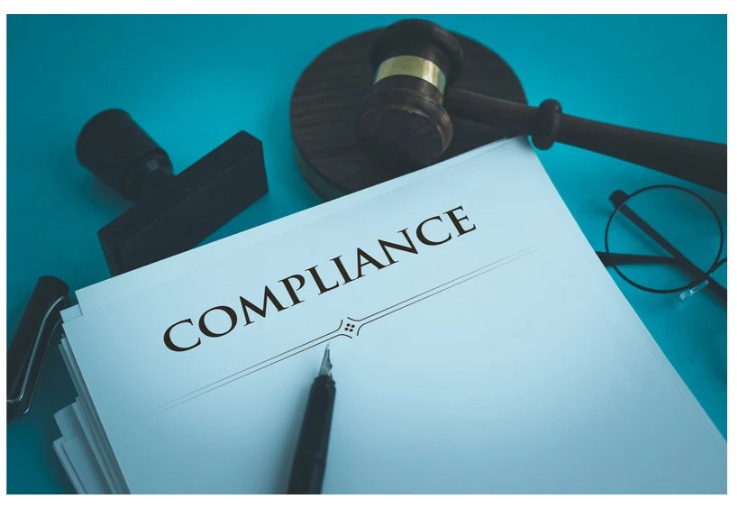
Why a vCISO is Important?
Introduction:
In a rapidly evolving digital landscape, the importance of safeguarding organizational data cannot be overstated. As cyber threats become increasingly sophisticated, the role of a Chief Information Security Officer (CISO) is crucial in developing and maintaining an organization’s cyber defenses. However, not every organization can afford a full-time CISO, leading to the rise of the Virtual Chief Information Security Officer (vCISO) as an effective alternative. In this article, we will explore why a vCISO is important in helping organizations to fortify their digital ramparts and maintain the integrity of their information systems.
Evolving Cyber Threat Landscape:
The cyber threat landscape has evolved dramatically in the past decade. Cyber adversaries are constantly developing new tactics, techniques, and procedures (TTPs) aimed at exploiting vulnerabilities in organizational systems. Ransomware attacks, data breaches, and phishing schemes have become commonplace, posing significant risks to business operations, reputation, and customer trust. In this context, having a dedicated professional focused on information security is no longer a luxury but a necessity.
Cost-Effective Solution for SMBs:
Small to medium-sized businesses (SMBs) often operate with limited resources, making it challenging to hire and retain a full-time CISO. A vCISO provides a cost-effective solution, offering specialized knowledge and expertise on a part-time or as-needed basis. This flexibility allows SMBs to access top-tier security talent without the financial strain of a full-time executive salary, benefits, and bonuses.
Access to Specialized Expertise:
vCISOs come with a wealth of experience and knowledge in various aspects of information security. They are often well-versed in risk management, compliance, incident response, and security architecture. By hiring a vCISO, organizations gain access to specialized expertise that can be tailored to their specific industry, regulatory environment, and threat landscape. This tailored approach ensures that the organization’s security strategy is aligned with its business objectives and industry best practices.
Enhanced Risk Management:
One of the primary roles of a vCISO is to identify, assess, and mitigate risks to the organization’s information systems. By conducting comprehensive risk assessments, a vCISO can pinpoint vulnerabilities in the organization’s security posture and recommend appropriate controls and countermeasures. This proactive approach to risk management helps to prevent security incidents and minimizes the potential impact of any breaches that do occur.
Compliance Assurance:
With the proliferation of data protection regulations such as GDPR, HIPAA, and CCPA, organizations are under increasing pressure to comply with a complex web of legal and regulatory requirements. A vCISO can navigate this intricate landscape, ensuring that the organization’s security policies, procedures, and controls are compliant with applicable laws and standards. This not only helps to avoid costly fines and legal penalties but also builds customer trust and enhances the organization’s reputation.
Strategic Security Planning:
A vCISO plays a pivotal role in developing and implementing the organization’s information security strategy. They work closely with executive leadership and other stakeholders to align security initiatives with business goals and objectives. Through strategic planning, a vCISO can help the organization to prioritize security investments, allocate resources effectively, and build a resilient security posture that adapts to the changing threat environment.
Incident Response Preparedness:
In the event of a security incident, a swift and effective response is crucial to minimize damage and restore operations. A vCISO can develop and maintain an incident response plan, ensuring that the organization is prepared to identify, contain, eradicate, and recover from security incidents. By conducting regular drills and exercises, a vCISO can ensure that the incident response team is well-practiced and ready to act when a real incident occurs.
Third-Party Vendor Management:
Organizations often rely on third-party vendors for various services, which can introduce additional security risks. A vCISO can manage vendor relationships, assess vendor security practices, and ensure that contractual obligations related to security are met. By holding vendors accountable for maintaining strong security controls, a vCISO can reduce the risk of supply chain attacks and other third-party security incidents.
Enhancing Organizational Security Culture:
Beyond technical controls and policies, a vCISO plays a crucial role in fostering a strong security culture within the organization. Through security awareness training, communication, and employee engagement, a vCISO can promote security-conscious behavior and empower employees to recognize and report potential threats. By ingraining security into the organizational culture, employees become active participants in defending against cyber threats.
Conclusion:
The importance of a vCISO in today’s dynamic and perilous digital environment is unmistakable. From providing specialized expertise and enhancing risk management to ensuring compliance and fostering a security-centric culture, a vCISO offers a multitude of benefits, especially for organizations that lack the resources for a full-time CISO. In an era where cyber threats are continually evolving, the role of a vCISO is indispensable in safeguarding organizational assets, maintaining customer trust, and ensuring the long-term viability of the business.
Contact Cyber Defense Advisors to learn more about our Virtual Chief Information Security Officer (vCISO) solutions.





